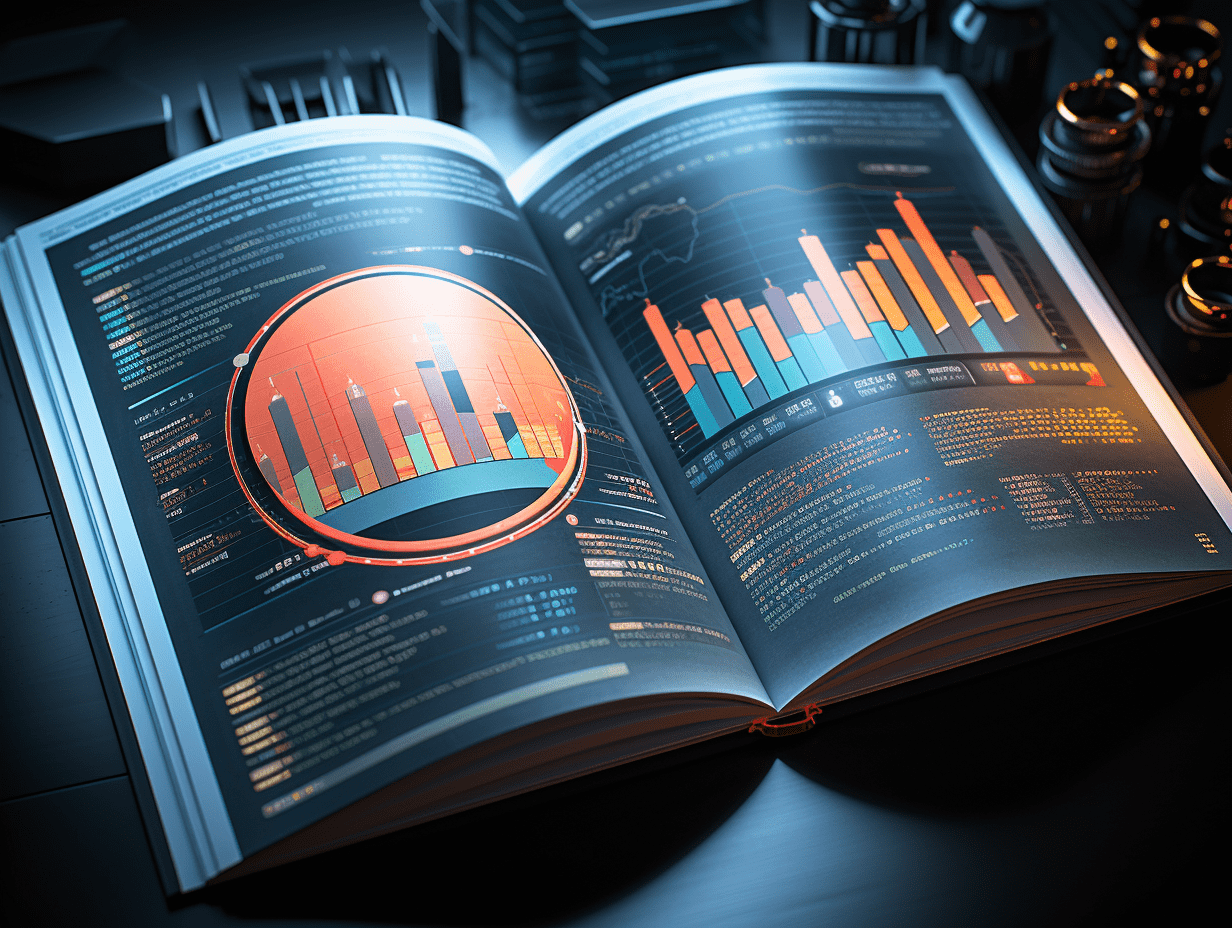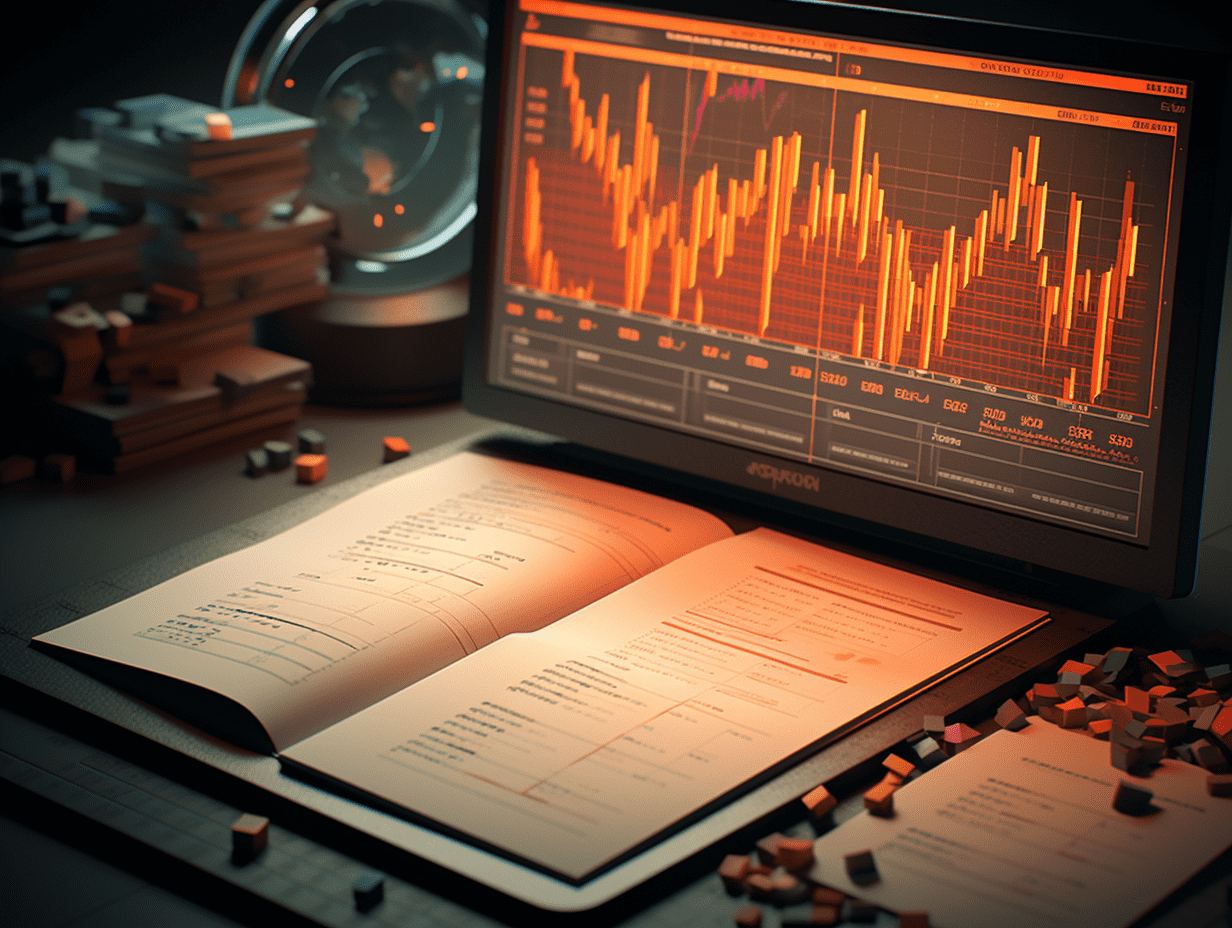
Tariff "bomb" triggers price hike expectations, Fed survey confirms inflation concerns
The latest University of Michigan Consumer Confidence Survey shows that due to President Trump's tariff policies, people's inflation expectations for the next year have reached the highest level since 1981. A new analysis by the Boston Federal Reserve Bank also indicates that Americans believe that the cost of tariffs will be reflected in consumer bills.
Boston Fed researchers conducted an analysis based on a survey of over 400 small and medium-sized enterprises by Morning Consult at the end of December last year. The survey aimed to explore businesses' expectations and plans for tariffs. Respondents expected that the high tariffs imposed on most U.S. trading partners would increase costs, and they plan to pass these costs on to consumers by raising prices.
The analysis concluded that "businesses plan to transfer the expected unit cost changes caused by tariffs to customers through price increases, and the degree of this cost transfer will vary depending on the tariff scenario."
Businesses stated that the extent of price increase depends on the specific tariff scenario. Interestingly, they expect the most significant price increase under the low tariff scenario (10% tariff rate) compared to high tariffs (25% tax rate) and uncertainty (10% tariff rate but variable) scenarios.
Tariffs are taxes paid by importers on goods during customs clearance, with exporters or countries not bearing the cost. Companies can offset the additional costs in several ways, such as absorbing them themselves or negotiating with suppliers, but the most common strategy is to pass on the costs to consumers.
The University of Michigan survey shows that consumers expect inflation to rise by 6.7% in the next year, higher than last month's 4.9%. Long-term inflation expectations for the next five to ten years also increased from 4.1% in March to 4.4% in April. A new survey by the New York Federal Reserve Bank drew similar conclusions, albeit with a relatively smaller expected increase.
President Trump abandoned the high tariffs of "Liberation Day" and announced exemptions for some technology products. According to recent reports by Capital Economics, the overall actual tariff rate on imported goods in the U.S. has decreased from around 27% last week to about 22%.
Despite the recent softening of the White House's tariff stance, President Trump's trade agenda has pushed U.S. import tariffs to the highest levels in over a century, raising inflation expectations and lowering economic growth forecasts.
The Boston Fed pointed out that importers expect the cost increases resulting from tariffs to take about two years to fully reflect in prices. One unclear factor is how U.S. import tariffs will affect domestic business pricing, which has more far-reaching implications for the inflation outlook.
Economists warn that consumers should prepare for accelerated inflation. Former Fed economist Claudia Sahm stated in an interview, "In the short term, if commodity supplies decrease significantly, consumer prices will rise. Soon, T-shirts may skyrocket in price like eggs."
Last week, Fed officials Susan Collins and John Williams told Yahoo Finance that they expect inflation to rise above 3% this year due to Trump's tariff policies. Fed Chairman Jerome Powell also stated that tariffs have brought a "extremely challenging situation" to the central bank.
Businesses have started to implement price increase strategies, either informing customers in advance of impending price increases or cooperating with suppliers to mitigate price shocks.
For example, German car manufacturer Volkswagen recently imposed an "import fee" on all models affected by the 25% car tariffs.
Best Buy Co., Inc. CEO Corie Barry stated in a March earnings call, "We expect that suppliers in all product categories will pass on some of the tariff costs to retailers, and price increases for American consumers have almost become inevitable."
RECOMMEND
©️2013 - 2025 GMT EIGHT Holdings. All Rights Reserved.
Contact: [email protected]


